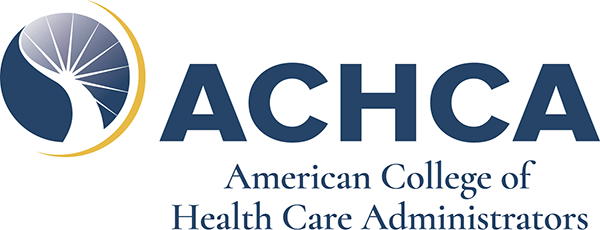Unlocking the Speech-Language Pathology Component Under the PDPM
 Skilled nursing facilities (SNF) began operating under the Patient-Driven Payment Model (PDPM) on October 1, 2019. Many current SNF employees have only been exposed to the Resource Utilization Group (RUG) model that was retired on September 30, 2019. The RUG model included therapy groups that ultimately trumped almost anything clinical being treated in the SNF. This may have resulted in minimum data set (MDS) assessments under the RUG model that didn’t include all diagnosis, condition and treatment information simply because it didn’t affect reimbursement.
Skilled nursing facilities (SNF) began operating under the Patient-Driven Payment Model (PDPM) on October 1, 2019. Many current SNF employees have only been exposed to the Resource Utilization Group (RUG) model that was retired on September 30, 2019. The RUG model included therapy groups that ultimately trumped almost anything clinical being treated in the SNF. This may have resulted in minimum data set (MDS) assessments under the RUG model that didn’t include all diagnosis, condition and treatment information simply because it didn’t affect reimbursement.
The MDS assessment was originally created to assist SNFs with developing a comprehensive care plan for residents admitted to a SNF. In the 1990s, the MDS also became a payment tool under the RUG payment model. Consistent focus under the RUG model was on accuracy of therapy days and minutes captured on each MDS assessment. The number of days and minutes of physical and occupational therapy and speech-language pathology (SLP) services was ultimately the deciding factor regarding RUG and daily payment amount.
The PDPM is based on patient characteristics and how specific conditions, diagnoses and treatments may affect each patient’s rehabilitation. Under the PDPM, providers receive payments from six components for each Medicare Part A patient. Five of those components are calculated based on information captured onto an MDS assessment, including resident diagnosis, condition and treatment information. The sixth component is a noncase mix component that’s determined by the SNF’s geographical location. An MDS assessment’s accuracy is critical to appropriate Medicare Part A reimbursement for skilled patients.
The SLP component uses different patient characteristics that were found to be predictive of increased SLP services and cost. These include a primary reason for skilled care, specific comorbidities, any level of cognitive impairment, swallowing disorders and a mechanically altered diet.
International Classification of Diseases, or ICD-10, diagnosis codes are used in two distinct ways under PDPM that can affect the SLP component. The first relates to the primary reason for skilled care that’s entered in section I0020B of the MDS assessment. The primary reason for skilled care must map to one of 10 clinical categories. If the primary reason for skilled care maps to the Acute Neurologic clinical category, which would be the case if a patient has suffered a cerebral vascular accident (CVA), the SLP component may offer increased Medicare reimbursement depending on the patient’s other characteristics. The secondary and/or treating diagnoses also may be important to capture on the MDS assessment when they’re related to amyotrophic lateral sclerosis (ALS), oral and laryngeal cancers and speech, language and swallowing disorders due to a CVA. Providers must understand that when the primary reason for skilled care also is a comorbidity, the diagnosis code must be included on the MDS in two places—once in section I0020B and again in I8000. If the condition isn’t listed in both places, the component can’t calculate correctly. Other items that affect the SLP component include any level of cognitive impairment, swallowing disorders and mechanically altered diets.
It’s important providers recognize that once the SLP component is calculated from information entered on the initial/five-day MDS, it may be set for the entire Medicare Part A stay if there isn’t an intervening Interim Payment Assessment. An inaccurate MDS assessment can result in the provider receiving less reimbursement than indicated for the entire Medicare Part A stay and places the claim at increased risk under medical review.
Now may be the perfect time to enlist the assistance of not only a dietician but also your speech-language pathologist to participate in completing the MDS and verifying its accuracy prior to submission. Engaging speech-language pathologists when completing MDS sections C, K and I could provide more accurate information on assessments. Section C includes the Brief Interview for Mental Status (BIMS) or the staff assessment for cognitive scoring. BIMS interviews or staff assessments are often conducted by either nursing or social services. Including a speech-language pathologist in the process may be beneficial. Section K of the MDS includes specific swallowing disorders as well as mechanically altered diets. The swallowing disorders include loss of liquids/solids from mouth when eating or drinking, holding food in mouth/cheeks or residual food in mouth after meals and coughing or choking during meals, as well as when complaints of difficulty or pain with swallowing arise when swallowing medications. The mechanically altered diet addresses when a patient requires a change in texture of food or liquids.
Please see the accompanying tool developed to assist providers in understanding the SLP component.



